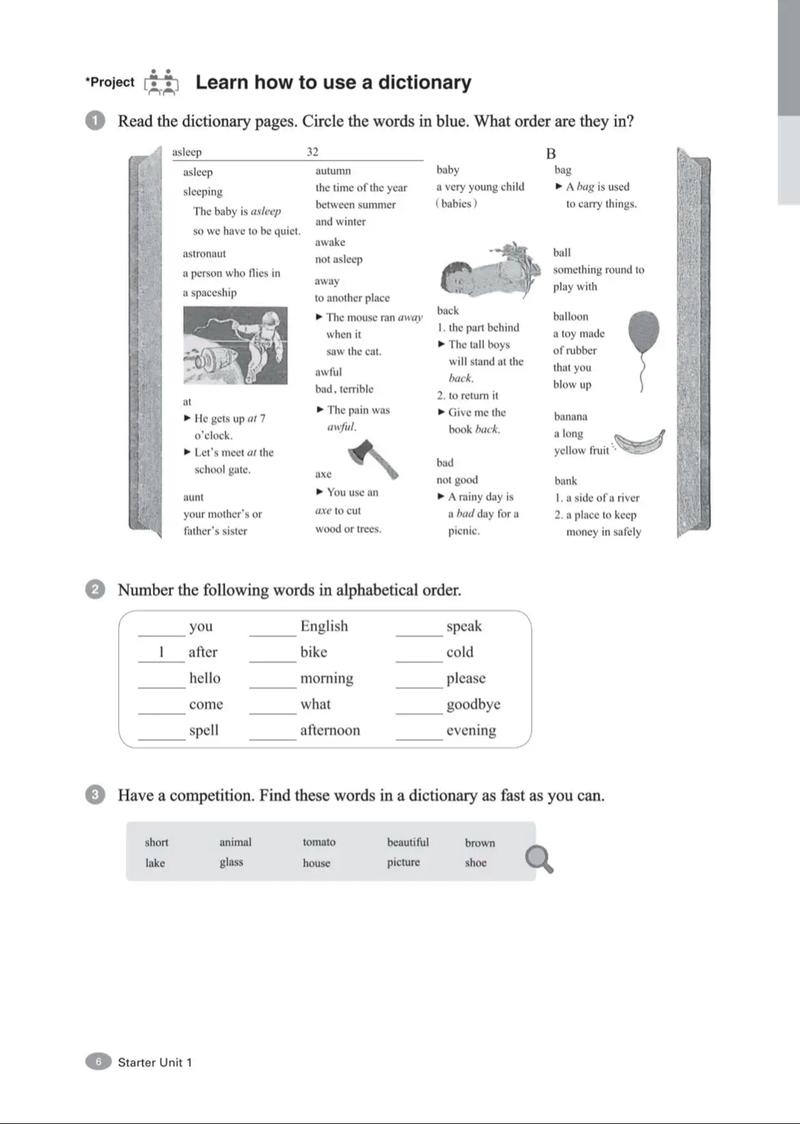How Do Uni Degrees Work?
Understanding how university degrees work is crucial for anyone considering higher education. University degrees are not just about attending lectures and writing essays; they involve a structured program designed to equip students with the knowledge and skills needed for their future careers. Let’s delve into the various aspects of how uni degrees work.
Application Process
The journey to obtaining a university degree begins with the application process. Most universities require prospective students to complete an application form, which typically includes personal information, academic history, and extracurricular activities. Some programs may also require letters of recommendation, a personal statement, or standardized test scores.

Applications are usually submitted through a centralized application service, such as the Common Application or UCAS in the UK. This service ensures that applications are processed efficiently and fairly. It’s essential to research the application deadlines and ensure that all required documents are submitted on time.
Choosing a Degree Program
Once you’ve been accepted into a university, the next step is to choose a degree program. Universities offer a wide range of programs, from arts and humanities to science and engineering. It’s important to select a program that aligns with your interests and career goals.
When choosing a degree program, consider the following factors:
-
Field of study: Ensure that the program covers the subjects you are passionate about.

-
Career prospects: Research the job market for your chosen field and consider the long-term prospects.
-
University reputation: Look for a university with a strong reputation in your chosen field.
-
Location: Consider whether you prefer studying in a city or a rural area.
Structure of a University Degree
A university degree typically consists of three or four years of study, depending on the country and the specific program. The structure of a degree program can vary, but most programs follow a similar pattern.
| Year | First Year | Second Year | Third Year | Fourth Year |
|---|---|---|---|---|
| Content | Introduction to the field, foundational courses, and general education requirements. | Core courses, elective courses, and more specialized study. | Advanced courses, research projects, and internships. | Capstone projects, comprehensive exams, and graduation requirements. |
Assessment Methods
Assessment methods vary depending on the subject and the university. Common assessment methods include:
-
Exams: Written or oral exams that test your knowledge of the subject matter.
-
Assignments: Essays, reports, and projects that demonstrate your understanding of the material.
-
Presentations: Oral presentations that showcase your research and analysis skills.
-
Practical work: Laboratory work, fieldwork, and other hands-on activities.
Academic Support
Universities offer various academic support services to help students succeed. These services may include:
-
Tutoring: One-on-one or group tutoring sessions to help students understand difficult concepts.
-
Writing centers: Assistance with writing assignments, including essay writing and formatting.
-
Academic advising: Guidance on course selection, academic planning, and career development.
-
Student support services: Counseling, mental health services, and other resources to help students manage personal challenges.
Financial Considerations
Attending university can be expensive, but there are various ways to finance your education. Financial considerations include:
-
Tuition fees: The cost of tuition varies depending on the country, university, and program.
-
Living expenses: Accommodation, food, transportation, and other living costs.
-
Scholarships and grants: Financial aid offered by universities, governments, and private organizations.
-
Student loans: Borrowing money to